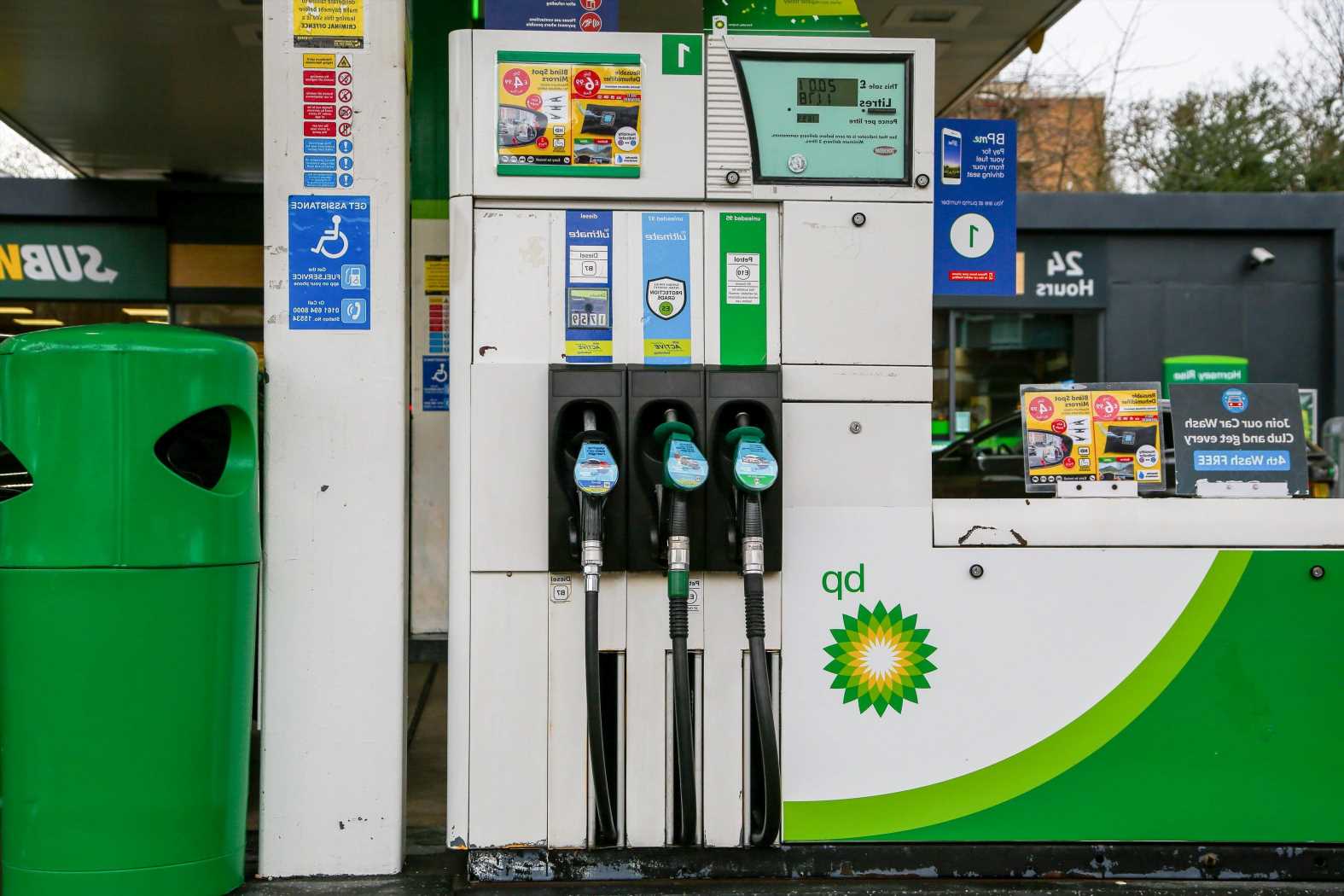PRICES at the pumps are at record highs right now, and plenty of drivers are looking to cut costs any way they can.
It's making it expensive to ferry the kids to school, or commute to work as drivers are already pinching their pockets amid a cost of living crisis.
The RAC updated it's latest figures on the average price of fuel over the weekend.
It said the average cost of a litre of petrol has hit roughly 167.03p.
While diesel is even more, costing 178.97p a litre.
Those prices reflect what supermarkets and independent forecourts have been charging recently.
But it's the world price of crude oil, international exchange rates and supply and demand around the world that all affect what we have to pay at the pump.
Although fuel prices can also vary based on where you buy your petrol.
MORE ON MONEY
WHO LEFT THE HOB ON? I got the shock of my life after my energy bill said I owed £2BILLION
Five spring statement rumours – from raising benefits to cutting fuel duty
Incredible pictures show five mansions worth £1million reduced to rubble
Rishi Sunak told to raise benefits to help with rising inflation
The Sun exclusively revealed last week that petrol prices had even soared to an average 182.77p per litre at some motorway service stations.
That meant filling up the family car hit £100 for the first time for some.
We explore why they've got so high, and how you can look to cut your fuel costs.
Why are petrol prices going up?
Petrol prices are currently going up because of the ongoing crisis in Eastern Europe.
The price of Brent crude oil hit a seven-year high of $99 due to concerns over the reliability of supplies almost as soon as Russian troops entered eastern Ukraine last month.
The wholesale price is how much the oil costs when it leaves the refinery – and that's the price retailers pay for it.
When supply is disrupted though, wholesale prices go up.
That means the high prices are passed on at the pumps and drivers have to fork out more to fuel up.
It's not the only factor that's affected the high price of petrol though.
The UK's recovery from the pandemic means prices are starting to rise again as demand goes up.
As life begins to return to normal suppliers have sometimes struggled to meet demand and prices have risen.
But Chancellor Rishi Sunak could announce cutting fuel tax in his spring statement this week, which may bring down prices at the pump too.
Save on your petrol bill before you drive
For now, and while prices stay high, there are several ways you can save on your fuel before you even get in your car.
Keep your tires inflated: low air pressure in your tires means that your tires will drag, slowing the car and using more fuel.
Keeping your tires topped up with air will make sure that everything is functioning properly and you will use less fuel
Remove any excess weight: If your car is full of clutter or you don't need your roof rack, get rid of it.
The less weight your car is carrying the less acceleration it will need to get going. Even an empty roof rack can affect your cars wind resistance and put up your fuel consumption by 10% according to the RAC.
Don't completely fill your tank: Having a full tank of petrol can weigh your car down, so by only keeping your car half to three quarters full you can make your car run more efficiently.
But, don't try and run your car purposefully low on fuel and be particularly careful in the winter when driving uses up more fuel.
Plan your route: If you make one round trip rather than several small trips you will use less fuel.
Once your engine is warm it will work efficiently but if you stop and start, changing the temperature of your engine, you will use more fuel.
Shop around: You can use sites like PetrolPrices.com to search petrol stations near you before you set off to see who has the best rates and cheapest options – you can do 20 free searches.
How to drive your fuel bills down
The way you drive can have a real impact on how much petrol your car consumes.
The harder you press down on the accelerator, the more fuel you have to pay for, so it pays to slow down.
Accelerating gently and breaking softly will use less fuel.
The best way to get the most out of your tank of petrol is to drive at the lowest speed you can at the highest gear possible.
The balance between highest gear and lowest speed will be different for every car, but in general cars want to be going around 55mph for optimum fuel use.
So change up gears earlier than you normally would, as long as you don't labour the engine.
It's also worth taking advantage of garage promotions or loyalty cards.
Source: Read Full Article










